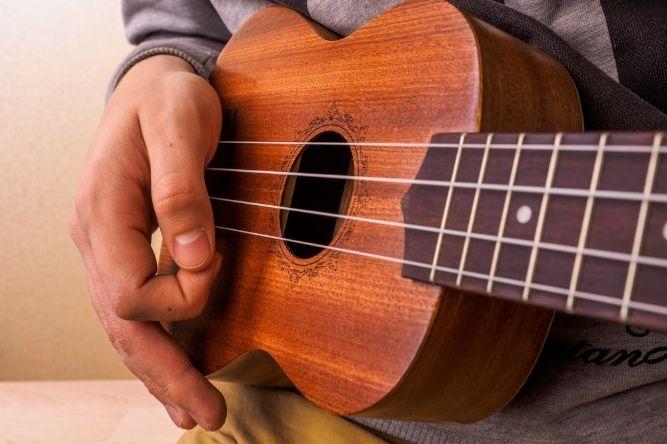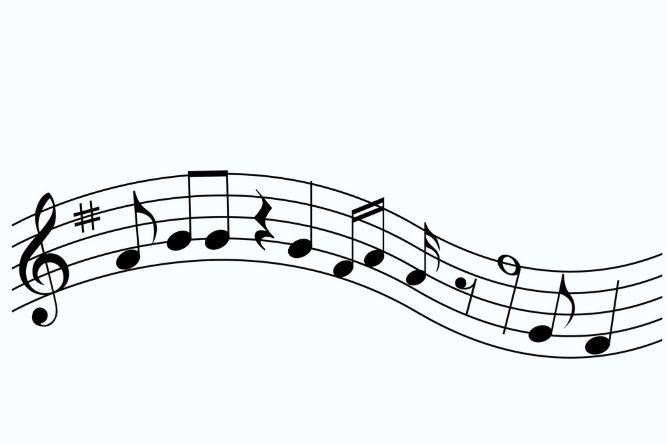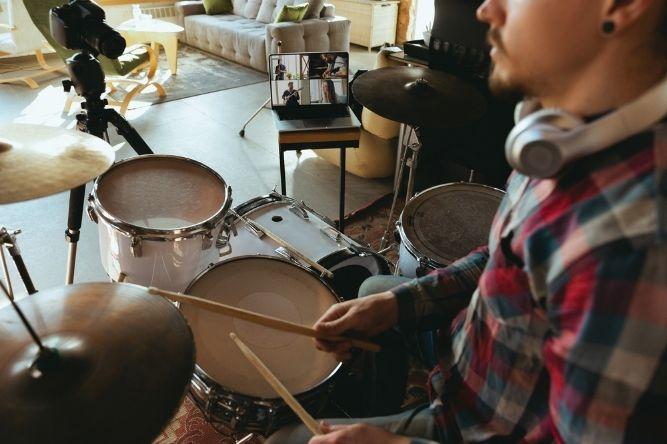The Best Ukulele Songs To Play For Any Occasion
So many musicians have featured the ukulele in their works through many decades, making the instrument an instant classic. With its soothing and satisfying sounds, it is no wonder that many music lovers decide to choose it over the likes of an acoustic guitar. Just four strings and easy to tune, the uke is a great instrument to pick up for any beginner with an interest in playing. As you begin to experiment with different [...]







